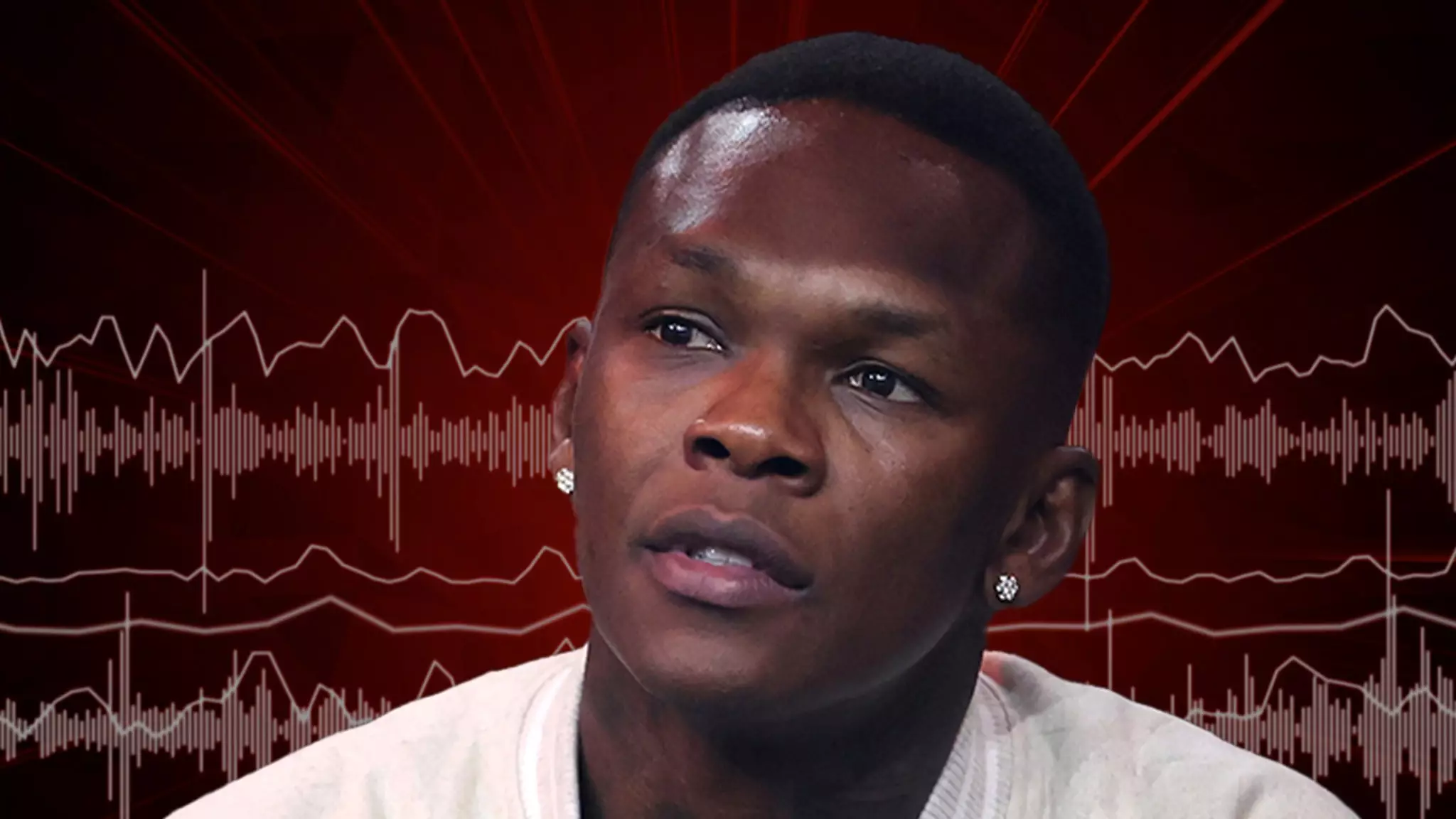Israel Adesanya recently opened up about his issues with Dricus Du Plessis, shedding light on the roots of their beef. It all started when Du Plessis made remarks about becoming the first “real African” champion in the UFC, a statement that Adesanya found offensive. Adesanya, originally from Nigeria, took offense to Du Plessis, born in South Africa, claiming such a title without understanding the struggles of African fighters like Abdul Razak Alhassan and himself, who had to leave their countries for better opportunities.
Adesanya did not hold back in his criticism of Du Plessis, calling out his privileged upbringing in South Africa and highlighting the challenges faced by fighters like Francis Ngannou. Adesanya questioned Du Plessis’ mindset and noted that without the accomplishments of African fighters before him, Du Plessis would never have reached the level of success he currently enjoys with the UFC middleweight title. Adesanya emphasized the importance of recognizing the contributions of those who paved the way for future generations of fighters.
In addition to addressing his feud with Du Plessis, Adesanya also discussed changes he made during his 10-month layoff and how they might manifest in his upcoming fight. He hinted at potentially looking different in the Octagon, suggesting that he has made adjustments to his training and approach. Adesanya’s return to the Octagon raises questions about his long-term commitment to fighting, with speculation about whether he intends to continue competing or if this could be a one-time return.
The conflict between Israel Adesanya and Dricus Du Plessis goes beyond a mere exchange of words, delving into issues of privilege, recognition, and respect within the world of MMA. Adesanya’s critique of Du Plessis sheds light on the complexities of identity and representation in sports, highlighting the importance of acknowledging the contributions of those who came before us. As Adesanya prepares to step back into the Octagon, his words serve as a reminder of the challenges faced by fighters from diverse backgrounds and the necessity of understanding and respecting those struggles.

